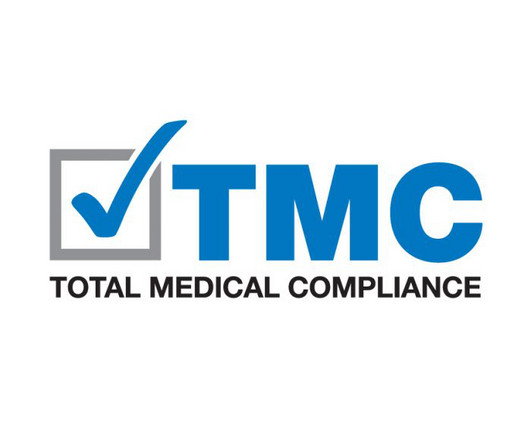Help! My Consultant Won’t Come In To See A Patient!
The Trauma Pro
OCTOBER 31, 2023
Explain to the consultant that you truly believe that harm will occur, and you will have to document that fact in the medical record as well as their failure to respond. If all else fails, see if you can find a service that will help you by accepting the patient as an admission so they can be managed appropriately the next day.











Let's personalize your content